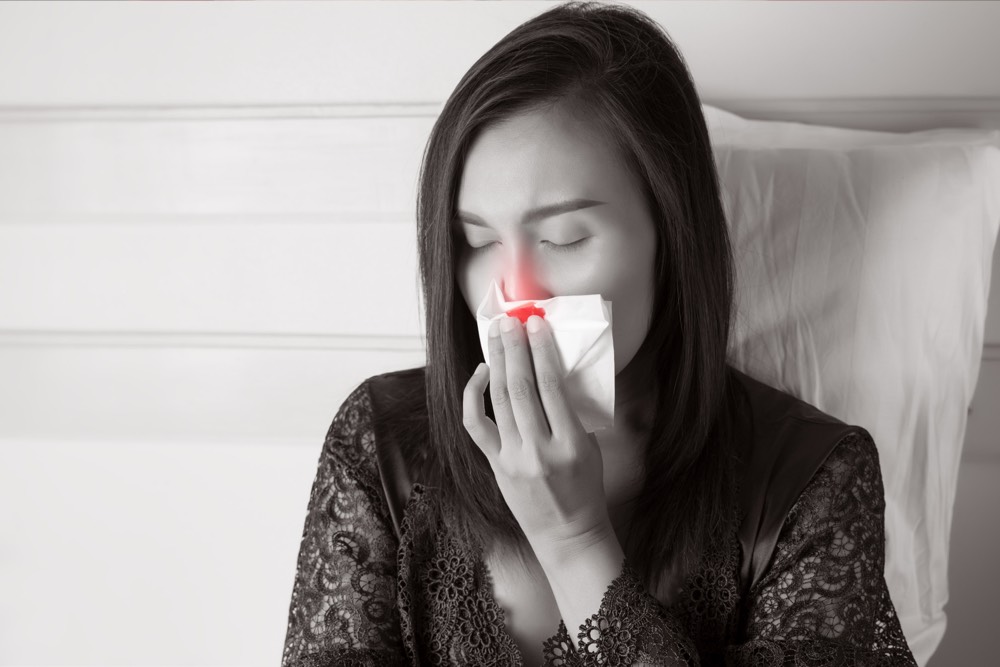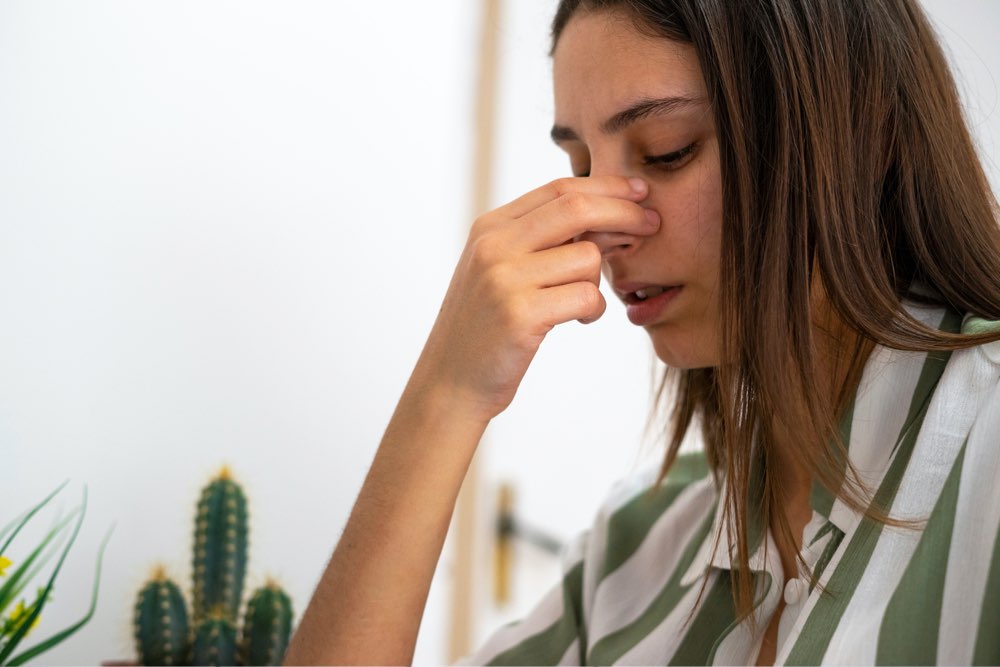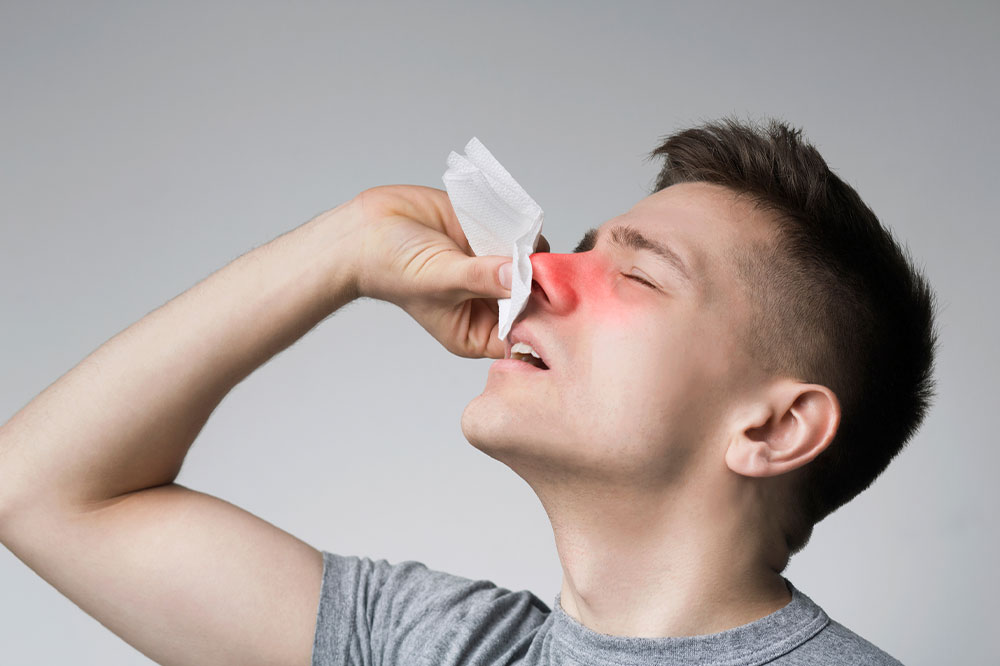The Connection Between Nasal Polyps and Allergic Reactions
Discover the relationship between nasal polyps and allergies, including symptoms, causes, and treatment options. Learn how chronic inflammation and genetic factors contribute to polyps and how managing allergies can help prevent them. This comprehensive guide aims to inform readers about nasal polyps' impact on breathing and sinus health, highlighting effective treatment approaches ranging from medication to surgery when necessary.

The Connection Between Nasal Polyps and Allergic Reactions
Nasal polyps are benign growths that develop within the nasal passages or sinuses. These teardrop-shaped entities are typically located where the sinuses connect to the nasal cavity. Small polyps often cause minimal or no symptoms, requiring little to no treatment. However, larger polyps can obstruct airflow and block sinus drainage, leading to breathing difficulties.
The formation of nasal polyps results from chronic inflammation in the nasal and sinus tissues. Genetics also contribute to their development.
Key Symptoms of Nasal Polyps
Individuals with nasal polyps may experience symptoms such as nasal congestion, sneezing, runny nose, headaches, and loss of smell. They may also suffer from sinus infections and allergic reactions triggered by dust, fumes, or other irritants. In some cases, allergies to aspirin or certain dyes may be present, and severe cases can cause persistent sinusitis or nasal deformities.
Research indicates a strong link between nasal polyps and allergic conditions. Patients with nasal polyps often have breathing issues associated with allergies, asthma, or sinusitis.
Some experts suggest that allergic reactions might contribute to the development of nasal polyps, especially since symptoms like sneezing and itchy, watery noses are common in allergy sufferers.
Managing and Treating Nasal Polyps
Currently, there is no definitive cure for nasal polyps. Treatment generally focuses on controlling symptoms and reducing their size. Doctors frequently recommend nasal corticosteroid sprays to shrink polyps. Oral medications or injections containing corticosteroids may be used for persistent cases. Additional medications, such as antihistamines and decongestants, help alleviate symptoms. When conservative measures fail, surgical removal of polyps may be necessary to restore normal breathing and sinus function.
Important Note:
The information in this article is provided solely for educational purposes. It should not replace professional medical advice. Consult licensed healthcare providers for diagnosis and treatment options tailored to your condition.










